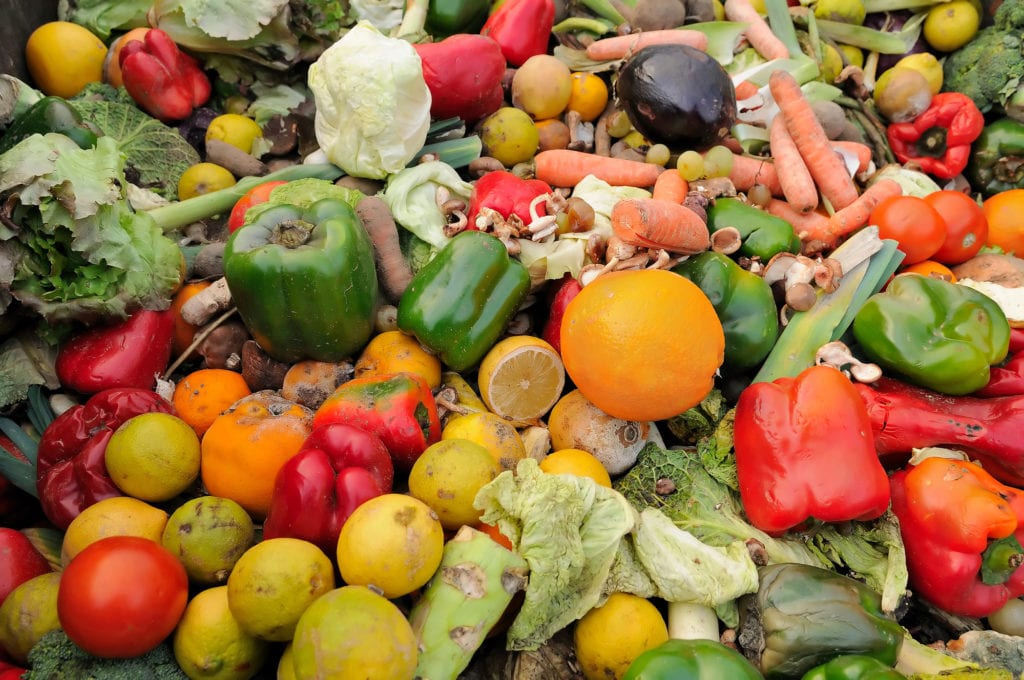Oddbox, which rescues ‘too odd’ or ‘too many’ fresh fruit and vegetables directly from growers and delivers it to members, is marking Stop Food Waste Day (28th April) with the release of its first annual Do Good Report. The Do Good Report sets out the actions that the business and the wider Oddbox community are doing to make a difference, both now and in the future, including a pledge to save 150,000 tonnes of food waste by 2025. Its supply-led model means Oddbox partners with growers when they need it, rather than setting them up with strict contracts on what should be grown, when and what it should look like. According to the Drawdown Project, fighting food waste is the number one solution to reverse the climate crisis and stop the planet from getting 2°C warmer by the year 2100.
The Reasons Behind Oddbox New Approach
The 150,000 tonnes of fruit and veg saved goal means that Oddbox will prevent 16 billion litres of water from going to waste and avoiding 164,000 tonnes of CO2e emissions. That equates to the amount of water that 270,000 people drink in their lifetimes and the emissions needed to power half of the homes in the UK for a whole day.
On the business’ unusual supply-led model, CEO and Co-Founder of Oddbox Emilie Vanpoperinghe said: “The food industry is dominated by an inefficient demand-led model, with huge pressure on farmers to deliver fresh produce which looks a certain way at a certain time.
“This is not how nature works and leads to a large amount of over-production and waste. We’ve flipped this on its head. Our partner growers come to us when they need our support to distribute delicious produce which supermarkets won’t take. This enables us to be flexible with the variety of fruit and veg we offer to our customers, while fighting waste.”
To help achieve this goal, this month, Oddbox has announced its expansion into the Midlands and South West from 28th April, including Birmingham, Coventry, Leicester and Bristol. The expansion area will reach over two million new households, enabling them to sign up and be part of the growing Oddbox community fighting food waste and climate crisis.
Benefits of Reducing Food Waste
By changing the demand-supply model, we can reduce the damage we have on our environment with the excessive waste of food. When food waste goes to landfill, which is where the vast majority of it ends up, it decomposes without access to oxygen and creates methane, which is 23x more deadly than carbon dioxide.
Heather Lynch, Sustainability Manager at Oddbox, added: “We’re making business a force for good. So alongside our food waste mission, we’re looking at ways of maximising the difference we make. We will be net zero by 2030 alongside other B Corps – 20 years earlier than the deadline set by the UK Government.”
“Last year we measured our own carbon footprint and from this, we have made a series of sustainability commitments, including reducing the carbon footprint of each box by 5% in 2021 and planning a fully electric delivery fleet by 2025, all working towards our overall net zero goal.”


